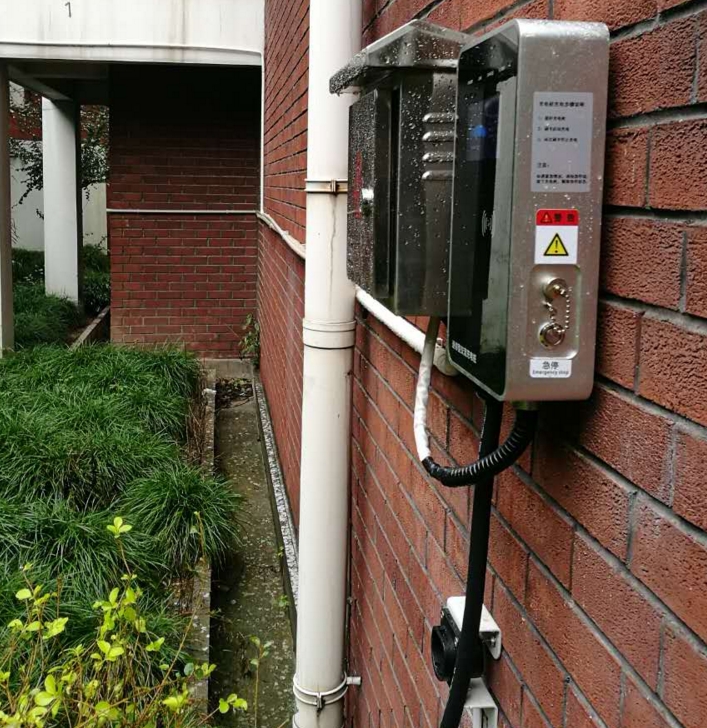With the growing EV market, various tax credits and rebates are available to help offset EV charger costs. The federal government now offers a tax credit for residential EV charger installation. Under the Inflation Reduction Act, homeowners can claim 30% of the cost (equipment + installation) of an EV charging station, up to $1,000. This means if you spend $3,000 on a Level 2 charger and installation, you can get a $900 credit. Note that the location must be your principal residence and (for now) in an “eligible census tract.” The credit also covers associated energy storage (e.g. batteries paired with the charger).

For businesses, fleets, and commercial property owners, the credits are even larger. Commercial installations qualify for a tax credit too. Starting in 2023, businesses can claim up to $100,000 credit per charging port. (Usually 6% of cost, but it rises to 30% if prevailing-wage/apprenticeship rules are met). In practical terms, each Level 2 or DC fast port can qualify for up to $100k. Both the cost of the charging unit and the installation labor are eligible. (With the 30% wage bonus, a $100k charger might net a $30k credit.) These provisions greatly reduce the upfront investment for workplace and public chargers. In addition, the new National Electric Vehicle Infrastructure (NEVI) program is funding public chargers on highways, where up to 80% of project costs can be covered by federal grants.
Beyond federal credits, many state and utility programs offer rebates for home or commercial chargers. For example, in California the Peninsula Clean Energy (and other community choice) programs have offered rebates for home Level 2 chargers, and large grants for public charging. In one utility program, up to $5,000 grants are available for public Level-2 chargers and $4,000 for fleet chargers. Some local utilities and cities (e.g. Anaheim) reimburse customers up to $500–$1,000 toward a home Level 2 charger. Many electric co-ops and municipal utilities around the country likewise run EV charger rebate programs (often $300–$600 per home charger).
To take advantage of these deals, start by checking the federal list of qualified chargers and the Argonne calculator for tract eligibility. Then look up state or utility incentives in your area (websites like the DOE’s AFDC or the Veloz/ElectricForAll database can help). In some cases, your charger manufacturer or installer can submit rebate applications on your behalf. By stacking these incentives, you can significantly cut the net cost of installing EV charging. Always confirm current rules, as programs and budgets change. With the right credits and rebates, adding a Level 2 charger at home or at your business can become much more affordable.


